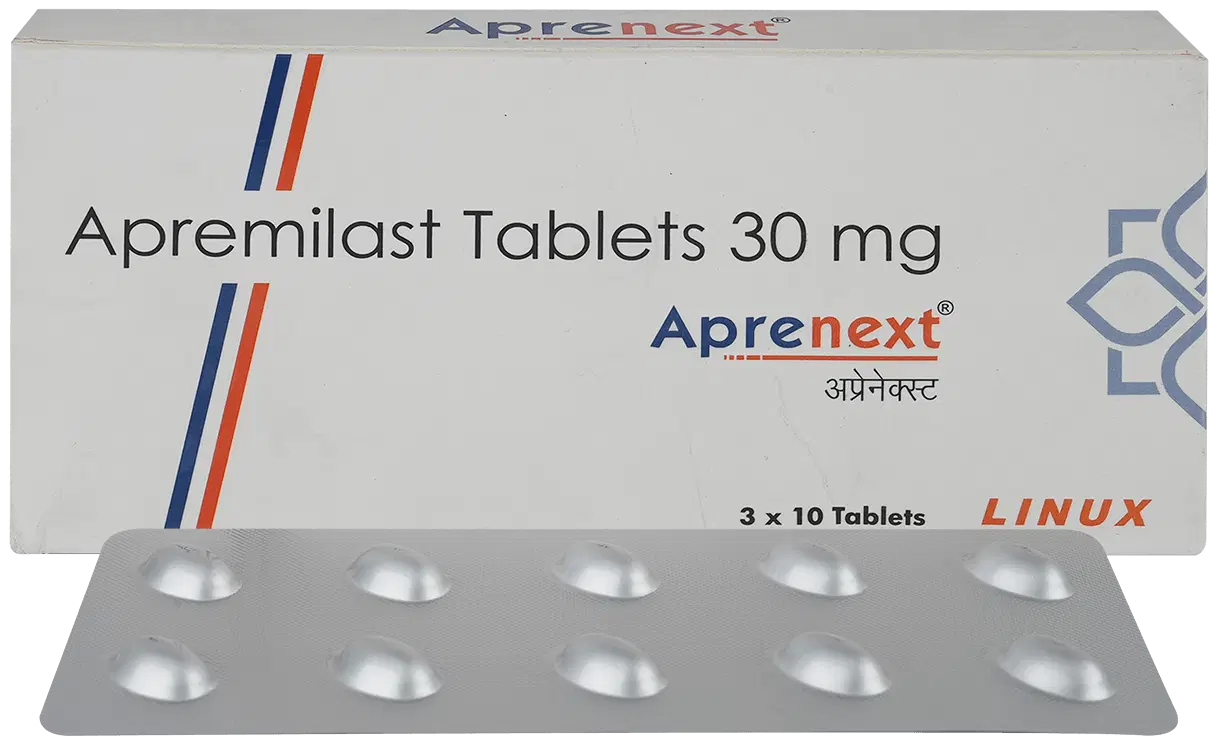Psoriasis
Psoriasis is a chronic, non-contagious skin condition characterized by red, scaly patches on the skin. It is an autoimmune disorder that causes skin cells to grow too quickly, resulting in the formation of these patches. The exact cause of psoriasis is unknown, but it is believed to be a combination of genetic factors and environmental triggers.
Typical medications used to treat psoriasis include topical creams, ointments, and lotions containing corticosteroids, vitamin D analogues, or salicylic acid. These treatments help to reduce inflammation, slow down skin cell growth, and alleviate itching and scaling. In more severe cases, oral or injectable medications such as methotrexate, acitretin, or biologic agents (e.g., adalimumab, etanercept) may be prescribed. These medications work by targeting the immune system and reducing inflammation.
Consult with a healthcare professional before starting any treatment for psoriasis, as the condition may require ongoing management and adjustment of therapy.

Showing 229–240 of 258 results
Showing 229–240 of 258 results






